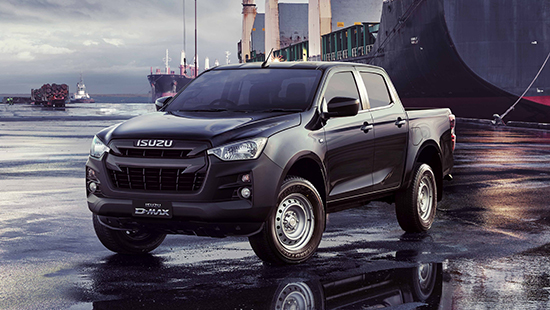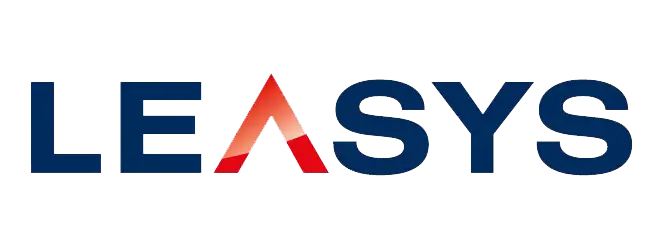
Double cab pick-up trucks will now be considered cars for company taxation purposes.
The government is set to redefine how certain vehicles are taxed, specifically targeting double cab pick-up trucks, starting from July 2024.
Previously benefiting from lower company car taxes due to their classification as vans, these popular vehicles will soon be recognized as cars for tax purposes.
Double cab pick-up trucks have seen a surge in popularity, serving both as efficient work vehicles and practical personal transport.
A key advantage has been their tax status; if a double cab pick-up could carry over a tonne, it was taxed as a van, making it an attractive option for those looking to save on company car taxes.
However, this is about to change. HM Revenue and Customs (HMRC) issued a statement on February 12, clarifying that from July 1, 2024, the criteria distinguishing cars from vans for tax assessments will be updated.
The revision means most, if not all, double cab pick-ups will now be taxed as cars due to their dual functionality for carrying goods and passengers alike.
The tax implications for company vehicles revolve around the benefit in kind (BIK) rate, which is determined by a vehicle’s CO2 emissions and its list price.
Currently, pick-up trucks benefit from a fixed BIK rate. For example, the rate for the tax year 2023/2024 stands at £3,960. This translates to an annual tax of £792 for the 20 percent tax bracket, or £66 per month, and £1,584 for the 40 percent bracket, or £132 monthly.
With the upcoming changes, the tax cost for double cab pick-up owners is set to increase substantially, as taxes will now be calculated based on their higher CO2 emissions.
For instance, a Ford Ranger, a leading pick-up model in the UK, will move to the highest BIK tax bracket of 37 percent due to its CO2 emissions exceeding 200g/km.
This shift will significantly raise the tax bill for these vehicles, with estimates suggesting a Ford Ranger Wildtrak 2.0 could see a tax increase to £290 a month for standard taxpayers, and £580 for those in the higher tax bracket.
This change could add an extra £5,376 to a driver's annual company car tax expense, potentially decreasing the demand for double cab pick-ups.
It's important to note that double cab pick-ups ordered or leased before June 30, 2024, will still benefit from the current, more favourable tax rates, even if their registration occurs after the cut-off.
Single-cab pick-ups are not affected by these upcoming changes.










